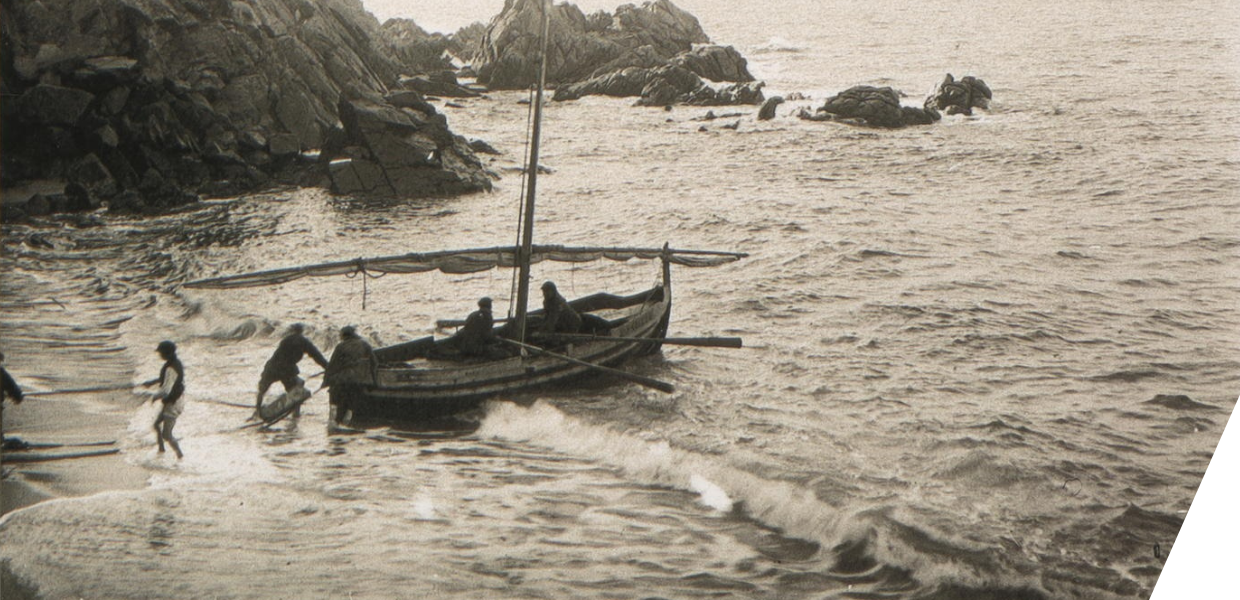The COVID-19 pandemic has changed how we all work. As we are moving into a different stage of the ‘new normal’, what does that look like for Europeana?
While I don’t think that we can say that COVID-19 is behind us, we are now thinking differently about how we work and about our working methods and modes. During the pandemic these new modes were enforced by necessity, but now we can see them as a positive opportunity to explore new approaches.
Practically, this has implications for colleagues at the Europeana Foundation. We are literally changing what we think about being in an office through a physical transformation, and changing our assumptions about functioning as an office through hybrid working, which also encompasses new technology.
This is an approach that we will bring to our network later this year, as our conference, Europeana 2022, will be hybrid, with events happening in parallel in person in The Hague and online. We hope that this approach will be a chance to collaborate with our networks and audiences in a new, varied way.
Europeana 2022 will be a hybrid conference - what topics will it explore?
Our call for proposals for Europeana 2022 will see several topics of key importance for the sector explored. Last year our conference introduced the idea of a data space, while this year we’ll be exploring how our sector will contribute to and benefit from it, keeping those key topics in mind.
A data space asks the question: how can we realise the potential value of digital cultural heritage not just for our sector and audiences, but also for other sectors and across society? How do we access, share and reuse cultural data in a meaningful way? We have a real responsibility when we help to answer that; it’s not just a technical challenge - the unique contribution of cultural heritage to society needs to be at the front of our minds.
Firstly, in the data space we want to bring together cultural heritage data in a standardised, interoperable format, giving cultural heritage institutions autonomy over their data while sharing it and operating in standardised ways. New technologies will be key for this, and this will be an important aspect of the conference as we explore topics relevant to EuropeanaTech including 3D, multilinguality and AI.
Secondly, we want to bring data into this interoperable space because there will be an enormous benefit to society in being able to use and reuse that data. We will be able to better tell the European story in a way which encourages new, intersectional narratives and connects different communities. Our conference strands which explore storytelling and diversity and inclusion will help us start to consider what this could look like for our sector, and how we can support it.
And finally, we aim to equip professionals to work within and with the data space by supporting the sector in its digital transformation. As a networked organisation, we are well placed to facilitate peer to peer learning and help colleagues throughout Europe develop new skills to operate within this data space. This will be achieved through participation and collaboration - a key theme for the conference - and through the presentations, training and webinars which will be delivered at the conference itself.
You mentioned the importance of people reusing cultural heritage data. Can you tell us something about how people are reusing Europeana material right now?
I am constantly inspired by the many ways people reuse Europeana’s material, but one of the examples I am particularly proud of at the moment is Built with Bits. This is a mentoring programme and educational challenge which invites students and educators to design beautiful and sustainable spaces with Mozilla Hubs. The results of this community effort have been incredibly exciting. The enthusiasm shown by participants demonstrates the crucial importance of engaging children with digital cultural heritage at a young age, and of encouraging them to interact respectfully in digital spaces.
The strength of Built with Bits is that we collaborated and co-created the initiative with teachers, who are critically important in making these connections with young people. We are always looking for ways to engage with the education community through initiatives like this and I hope that they are a group who will be benefited by a common data space, to not just access the data it makes available, but to create with it.
You mentioned engaging with communities and of course the Europeana Network Association is an international community, including members from Ukraine and Eastern Europe. How is Europeana supporting those communities facing huge challenges?
We are working to support these communities as much as we can, and specifically in the areas where we have expertise, for example, in relation to digital. When Russia invaded Ukraine, we shared a statement of solidarity with the Ukrainian people, and have since established a Working Group to explore how we can support the digital cultural heritage of Ukraine.
By working with UNESCO to coordinate activities, we have identified the main action groups that are operating in a similar role to us - SUCHO and SUM (4CH). We were able to supply funding and mobilise people in our communities who are knowledgeable about archiving and 3D reconstruction to support these groups, trying to locate expertise where we do not have it ourselves - a benefit of being a networked organisation. Our Working Group will help us build on this initial support and help to identify other relevant actions that can make a positive difference for Ukraine’s cultural heritage sector and our Ukrainian colleagues.
Find out more
Are you interested in the data space and other topics covered in this interview? There is still time to submit a proposal for Europeana 2022.



